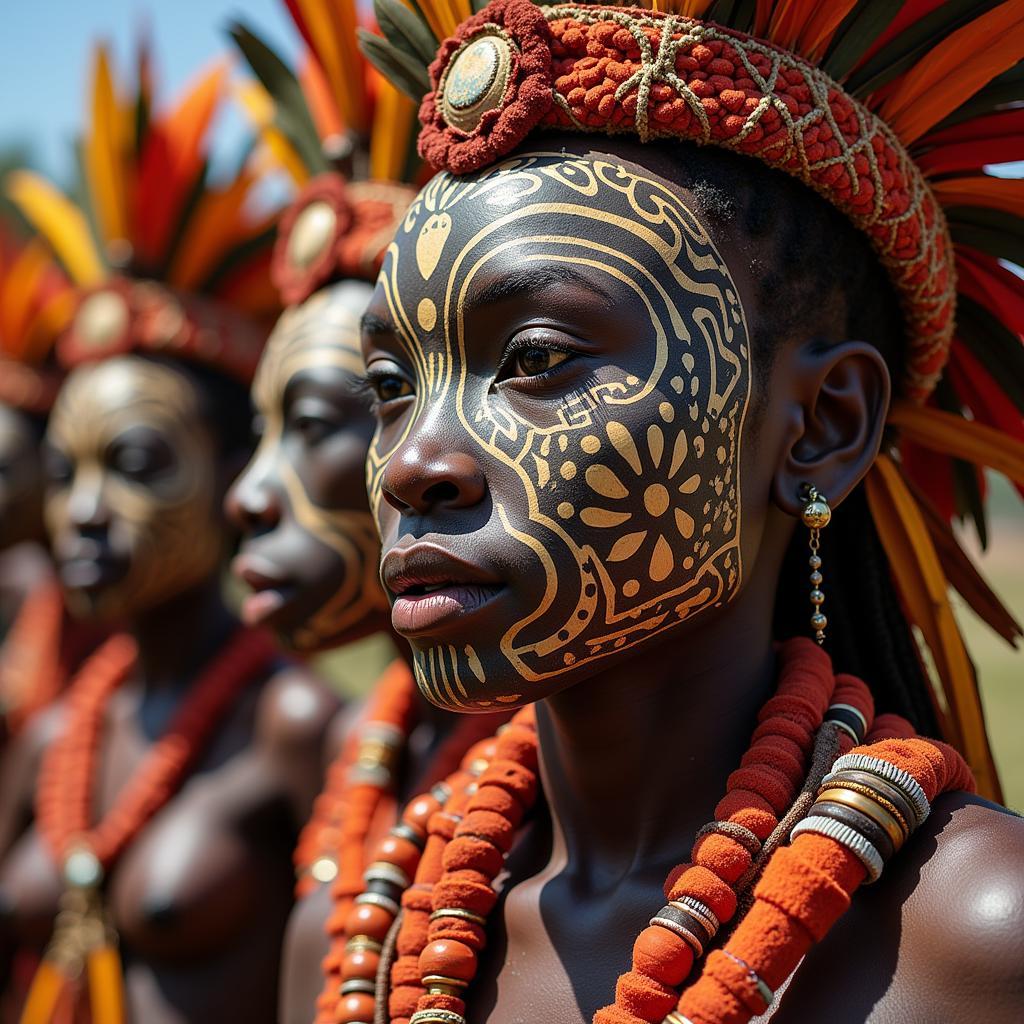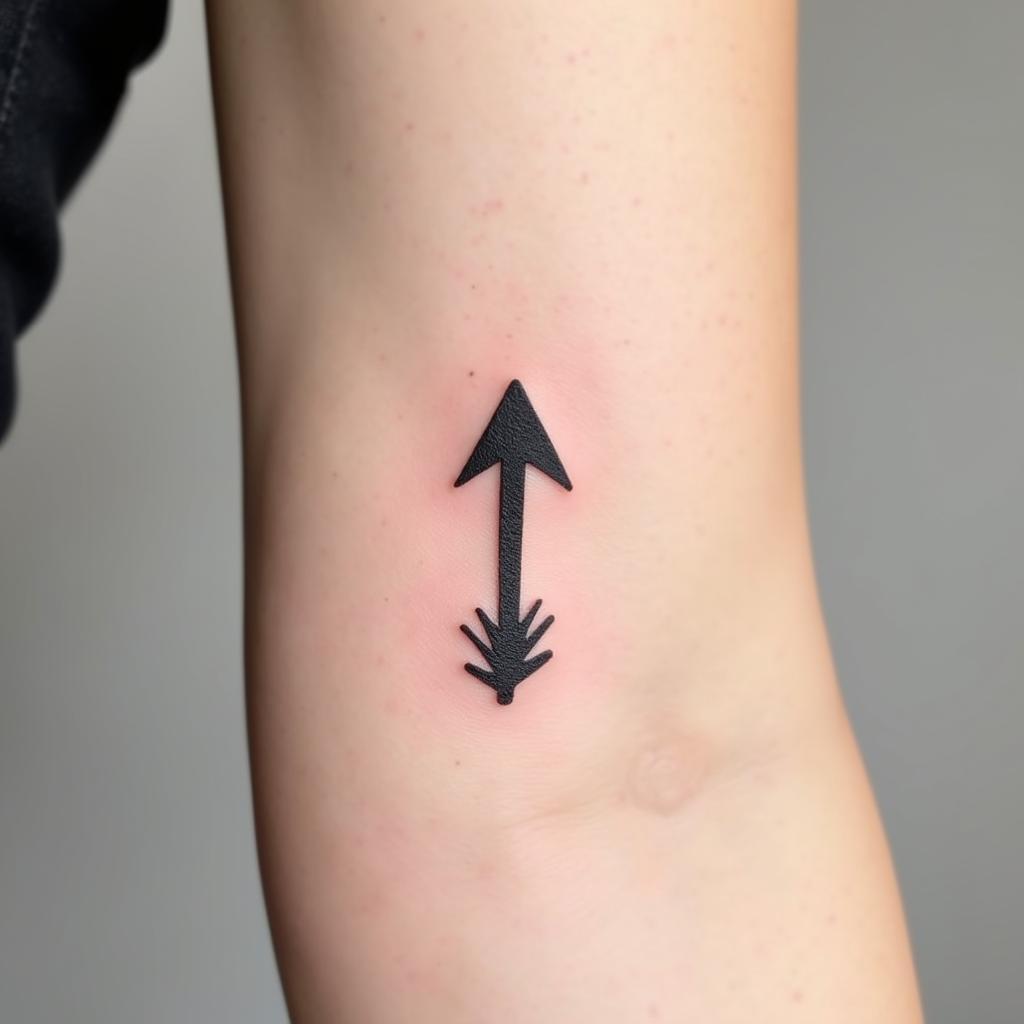Unveiling the Magic of African Black Soap
African Black Soap, a centuries-old beauty secret from West Africa, is gaining global recognition for its remarkable skincare benefits. More than just a cleanser, this natural wonder holds a rich cultural history and offers a unique approach to achieving healthy, radiant skin.
What is African Black Soap?
African black soap, sometimes called “black soap” or “Anago soap,” isn’t always black. Its color ranges from dark brown to light brown, even sometimes speckled with white. Unlike commercially produced soaps, it’s made from a traditional recipe passed down through generations. Key ingredients often include roasted plantain skins, cocoa pods, palm kernel oil, shea butter, and sometimes, other local ingredients like coconut oil or aloe vera. This all-natural composition is what sets African black soap apart. It’s free from harsh chemicals, artificial fragrances, and colorants, making it a gentle yet effective option for various skin types.
Do you struggle with acne or eczema? african black soap benefits eczema might be the solution you’ve been searching for. It’s known for its soothing and cleansing properties, which can help alleviate skin irritations.
The Origins and Cultural Significance of African Black Soap
African black soap originated in West Africa, primarily in countries like Ghana, Nigeria, Togo, and Benin. Each region boasts its unique variations of the soap, reflecting local customs and ingredient availability. african black soap ghana provides valuable insight into the production process and cultural importance of this traditional soap in Ghana. For centuries, it has been more than just a cleansing agent; it’s a symbol of community, tradition, and natural well-being. The knowledge of making black soap is often passed down through families, preserving the heritage and cultural significance associated with its production.
Benefits of African Black Soap for Your Skin
What makes African black soap so special? Its benefits are numerous and varied. It’s a powerful cleanser, effectively removing dirt, makeup, and excess oil without stripping the skin of its natural moisture. African black soap is also known for its antibacterial and antifungal properties, which can help combat acne-causing bacteria and other skin infections. Furthermore, it’s a gentle exfoliant, helping to remove dead skin cells and reveal smoother, brighter skin.
Are you looking for ways to improve your hair’s health? african black soap for hair offers some valuable insights into how this versatile soap can be incorporated into your hair care routine.
How to Use African Black Soap Effectively
Using African black soap effectively requires a little know-how. Because it’s highly concentrated, it’s best to lather it in your hands first before applying it to your face or body. Avoid rubbing the bar directly on your skin, as this can be too abrasive. For facial cleansing, use a small amount and gently massage it onto your damp skin. Rinse thoroughly and follow up with a moisturizer.
Choosing the Right African Black Soap
Not all African black soaps are created equal. Look for authentic, unrefined versions that list traditional ingredients. Beware of products that contain artificial fragrances, colors, or preservatives, as these can negate the soap’s natural benefits. Finding authentic African black soap can sometimes be challenging. You can check specialized stores or search online for retailers offering genuine products. african black soap near me can be a helpful resource for locating authentic African black soap in your local area.
African Black Soap: A Natural Path to Radiant Skin
African black soap offers a natural and effective way to achieve healthy, radiant skin. Its rich history, combined with its potent cleansing and healing properties, makes it a truly unique skincare treasure. From its traditional origins in West Africa to its growing popularity worldwide, African black soap stands as a testament to the power of natural ingredients and time-honored traditions.
FAQ
- Is African black soap suitable for all skin types? While generally safe, it’s best to start with a small test area to check for any reactions.
- How often should I use African black soap? Start with using it a few times a week and adjust according to your skin’s needs.
- Can African black soap lighten my skin? No, African black soap cleanses and clarifies, but it won’t change your natural skin tone.
- Where can I buy authentic African black soap? Look for it in health food stores, specialty shops, or reputable online retailers.
- What does authentic African black soap smell like? It has a natural, earthy scent. Strong fragrances suggest added chemicals.
- How long does a bar of African black soap last? It can last for several months, depending on usage.
- Can African black soap help with eczema? Many people find it helpful for relieving eczema symptoms, but consult a dermatologist for severe cases.
Are you interested in learning more about the specific uses of African black soap infused with jasmine? Check out this article: african black soap jasmine uses in hindi. It offers a wealth of information about the various applications of this unique blend.
African black soap is a true gem from the heart of Africa. Embracing this ancient tradition can lead you on a path to healthier, more radiant skin.
When you need assistance, please contact us at Phone Number: +255768904061, Email: kaka.mag@gmail.com or visit us at Mbarali DC Mawindi, Kangaga, Tanzania. We have a 24/7 customer support team.


